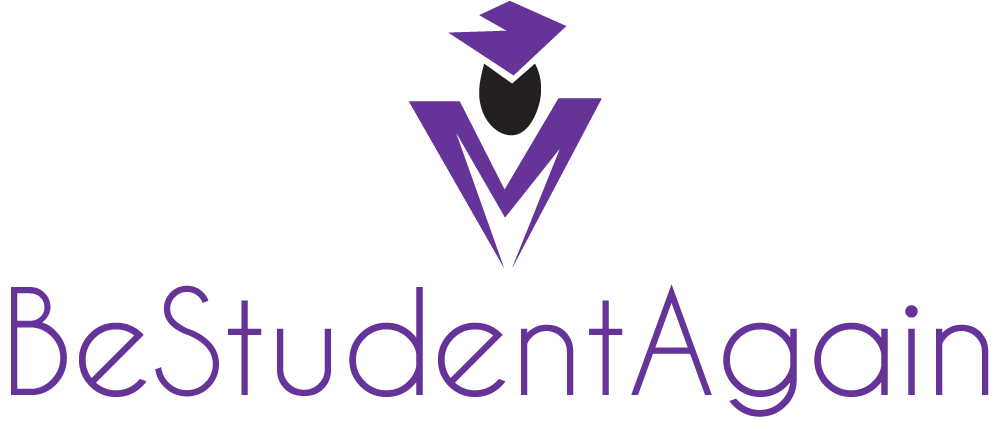La vie universitaire est très chargée avec les cours, la recherche des stages, en plus des partiels. Pendant cette période, les jeunes se trouvent dans l’obligation de se mettre en quête d’un stage, d’un job étudiant ou d’une alternance pour subvenir à leurs besoins ou pour cumuler de l’expérience qui saura étoffer leurs CV. Evidemment cette démarche n’est guère aisée et ils doivent développer un réseau de contacts qui saura les aider dans leur quête. Il importe donc de créer, de développer et de bien entretenir un network professionnel. C’est la condition pour gagner en visibilité, se voir s’offrir plus d’opportunités et avoir des collaborations. Ce sont des atouts indéniables associés au networking, s’il est effectué de manière efficace et pertinente.
L’attractivité du réseautage n’est plus à prouver, mais les jeunes peuvent ne pas savoir par où commencer, ni comment l’aborder. Heureusement, il existe des démarches à suivre pour construire et développer son réseau professionnel.
Création d’un réseau professionnel
Les étudiants peuvent commencer à monter leurs réseaux, en utilisant un certain nombre de médias et d’outils qui facilitent les rencontres professionnelles. Parmi les outils à exploiter il y a LinkedIn, en plus des forums des écoles et des associations des anciens lauréats, connus sous le nom d’Alumni. Rencontrer un professionnel dans le cadre d’un échange informel se déroule généralement sans pression et de manière décontractée. Il s’agit d’une entrevue non officielle, mais qui peut être décisive pour une future carrière.
En général, les jeunes étudiants se mettent à resauter au moment de la recherche d’un stage ou lors de l’insertion professionnelle. C’est à cet instant qu’ils se rendent compte de l’importance et de l’utilité du networking. En effet, un bon réseau de contacts peut se révéler efficace pour trouver un stage, un job d’étudiant ou un emploi stable. Il ne faut pas attendre le déclic tardif, il convient plutôt d’être proactif en enclenchant quelques leviers à l’avance.
Le réseautage pour plus d’opportunités
Le networking est très important pour un étudiant, en accédant au marché de l’emploi dans ses moindres recoins. Notamment là où se cachent les offres et les opportunités les plus intéressantes et qui ne sont accessibles qu’aux recommandations. C’est aussi un moyen efficace pour faire plusieurs rencontres, ce qui permet de comprendre les métiers, les parcours et les expériences utiles, afin de mieux travailler son projet professionnel.
Création d’un network professionnel
Pour lier contact, il faut pouvoir amorcer une conversation et briser la glace. Pour un étudiant, il est recommandé de prendre contact avec des professionnels en adoptant une approche de recherche, en préparant à l’avance les questions à poser et en étudiant leurs profils au préalable. Ce qui permet d’avoir un échange qualitatif, qui sera apprécié par ces pros. Il ne s’agit pas d’une démarche opportuniste, car si l’étudiant doit construire son réseau, c’est aussi une occasion pour ces professionnels de sonder la génération qui sera active dans quelques années sur le marché du travail. Sans omettre que l’échange sera aussi valorisant qu’agréable pour l’autre partie, qui peut parler librement de son parcours.
Il importe aussi de bien entretenir l’échange, après avoir amorcé la conversation. Pour les timides c’est un peu délicat, c’est pourquoi il faut se préparer en s’exerçant sur le pitch de présentation par exemple. Par la suite, la conversation sera lancée de manière plus naturelle et il ne faut pas hésiter à prendre notes pendant l’échange. Après l’entrevue, il serait hautement appréciable d’envoyer un message au professionnel pour le remercier pour son temps et ses conseils. Une politesse qui peut se révéler fort payante et un moyen de garder le contact en prévision des futures rencontres officielles. Il est conseillé de prévoir un répertoire pour les personnes rencontrées pour créer son réseau doucement mais sûrement. Il ne faut pas hésiter à les suivre aussi sur LinkedIn, qui est un réseau professionnel très efficace.
Par où commencer ?
Le networking d’un étudiant sera plus aisé et plus efficace en commençant par son entourage proche, comme les professeurs et les responsables de l’établissement, avant d’aller vers les entreprises. Le réseautage immédiat peut constituer une bonne porte d’entrée et un réel vecteur pour monter son réseau. Il ne faut pas hésiter à utiliser sa famille, ses amis, ses professeurs et autres contacts immédiats. Ceux-ci peuvent mettre le jeune avec de bonnes relations, susceptibles de lui être utiles dans sa carrière. L’exploitation des Alumnis, des associations estudiantines et des junior-entreprises, peut être une mine d’or pour le partage des expériences entre étudiants. En effet, les anciens lauréats par exemple, peuvent prodiguer des conseils et des astuces pour pouvoir développer son réseau et profiter de toutes les opportunités possibles. La période des études constitue le meilleur moment pour développer son network professionnel, car elle se trouve à mi-chemin entre l’apprentissage et la pratique.
Il convient aussi de profiter de l’occasion pour décrocher une recommandation, qui peut ouvrir plusieurs portes et établir de nouveaux contacts professionnels. Il serait possible d’avoir une telle recommandation en utilisant ses contacts sur LinkedIn par exemple. Pour réussir, il faut faire preuve de professionnalisme en vue de monter un réseau fiable et sérieux.
Que ce soit lors d’un premier contact, un entretien informel ou une rencontre formelle, il est impératif d’adopter le bon ton. Les échanges doivent être pertinents et instructifs, surtout que les contacts sont des personnes actives, qui ont un emploi de temps chargé. Il est recommandé d’aborder le networking de manière désintéressée pour éviter la déception si la réponse tarde ou si elle est négative. Il est préférable de parler de l’actualité ou de l’activité de l’entreprise avant d’aborder son projet professionnel. Une fois le contact établi, l’étudiant peut alors expliquer sa quête de stage, d’une alternance ou d’un emploi. Il faut surtout éviter d’en parler dès le départ.






